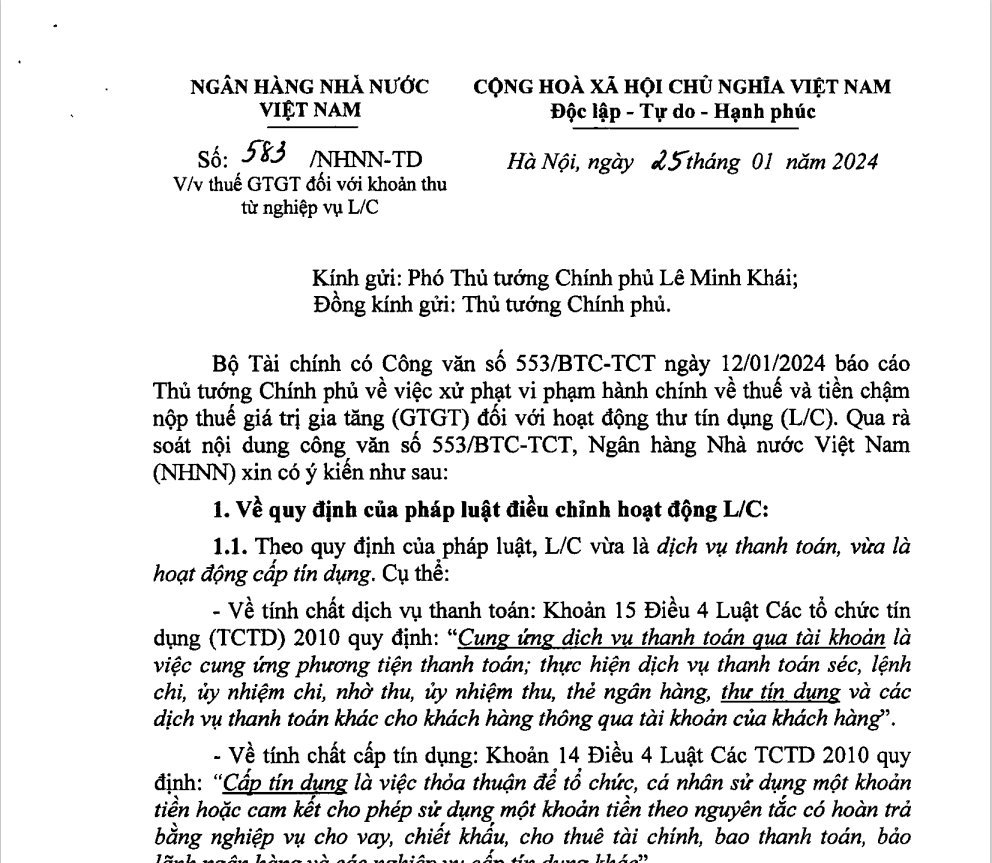This article is written by Trinh Ngoc Bao Trang and edited by Nguyen Thanh Nghiep
The Role of Mitigating Factor
A specific definition of “mitigating factor” has not yet been incorporated into Vietnamese criminal law, leading to a multitude of perspectives on the matter.
Some support the view that mitigating factors, as outlined in the Penal Code 2015 or determined by the court, encompass the crime’s societal risk, the offender’s possibility for rehabilitation and education, and any unique circumstances. Such factors hold significance in diminishing the offender’s degree of criminal responsibility.
Another argument is that mitigating factors are particular conditions within a specific case that serve to lessen the offender’s culpability within the designated penalty range.
Mitigating and aggravating circumstances are also interpreted as insignificant signs of defining the crime or sentence bracket; instead, they serve to increase or decrease the level of criminal liability within a specific penalty framework.
Besides the above-mentioned opinions, some scholars opine that extenuating circumstances are details of a criminal case related to the resolution of criminal liability, which matters how much the crime threat to society could be reduced contingent on the criminal’s improvements or his exceptional circumstances in conformity with leniency. The mitigating value has not been recognized in sanctions. Accordingly, if mitigating circumstances are only taken into account to serve the reduction in the severity of the punishment in a penalty frame, then the ambit of criminal liability affected by the mitigating factor appears to be restricted. This is because criminal liability entails not only penalties but also offenders being convicted, subject to penalties, having a criminal record, and judicial measures.
To some extent, it’s adequate that the above opinion suggests considering mitigating factors under a more comprehensive aspect than Article 51 Penal Code 2015, accommodating other circumstances in criminal proceedings. However, the viewpoint that these extenuating conditions hold significance in diminishing the crime’s threat to society features unreasonable since factoring such circumstances in a criminal case merely alleviates the offender’s culpability for the action, rather than affecting the degree of societal risk posed by the crime.
Thus, the concept of extenuating circumstances can be defined as those encompassing the particulars of a criminal case pertaining to the determination of criminal responsibility, which signify the potential for improvement and education as well as the offender’s unique situation. The degree to which these circumstances mitigate depends on their intensity, breadth, and influence in each individual criminal case.
Challenges and Resolutions in Mitigating Factors Implementation following Article 51 Clause 1.s
Challenges
Firstly, regarding the provision of Article 51 Clause 1.s Penal Code 2015, the two details “cooperative attitude” and “contrition” are separated by a “comma”. Are these two details considered as two separate extenuating circumstances? When an offender meets either one of these two conditions, can this regulation be applied? Is it necessary for both conditions to be satisfied simultaneously to be effective?
Secondly, there are numerous instances where defendants admit to all aspects of the crime but hold the belief that their actions do not qualify as criminal. In such instances, the judicial panel refrains from applying the specification that states “The offender expresses cooperative attitude” based on this behavior.
Thirdly, in numerous trial cases, the defendant does not testify truthfully but has to be treated using professional measures until the defendant finds it irrefutable before pleading guilty. Despite the defendant’s lack of truthful testimony, the judicial still applies the “cooperative attitude” as a mitigating factor. In situations where the offender is caught red-handed with clear evidence that leaves no room for denial, the defendants are compelled to confess, the judicial panel still applies the “cooperative attitude” circumstance.
Resolutions
Regarding the first issue, the term “cooperative attitude” refers to the offenders‘ willingness to fully and truthfully disclose all relevant information related to the crime they committed during the investigation, prosecution, and adjudication processes. “Remorse” or “Contrition”, on the other hand, signifies the offenders’ genuine remorse and torment after committing the crime. The conscience about their behavior does not only entail words but also concrete actions and deeds that demonstrate their desire to rectify their behavious and transform into a better person. This may also include compensation for the losses and damages caused by their criminal acts. Therefore these two concepts contain distinctive meanings. However, if the determination of the number of mitigating circumstances solely relies on a formalistic approach, it can lead to varied interpretations. This is because, according to the provisions of the Penal Code 2015, there are circumstances that can aggravate criminal liability, listed independently using a “comma” between them. Nonetheless, these are considered independent circumstances. However, the actual application of the law indicates that in most cases, the offender only needs to satisfy either the element “cooperative attitude” or “contrition” to be eligible for 01 mitigating circumstance specified in Point s, Clause 1, Article 51 Penal Code 2015. This serves as a basis for the Trial Panel to consider when determining the penalty for the offender.
According to Official dispatch no. 174/TANDTC-PC dated August 31, 2023, the circumstance “The offender expresses cooperative attitude or contrition” is understood as the situation where the offender sincerely confesses the crime and genuinely repent for his/her actions. The details “cooperative attitude” and “contrition” are not treated as two separate elements. Therefore, if the offender exhibits both cooperative attitude or contrition, it is regarded as a single mitigating circumstance specified in Clause 1.s, Article 51 of the Penal Code 2015.
To illustrate, in a past trial case, the defendant was found to have only one mitigating circumstance as stated in Clause 1, Article 51 of Penal Code 2015. However, the court still applied Clause 1, Article 54 to determine the sentence. As a result, the imposed penalty fell below the minimum range of the prescribed penalty, resulting in a punishment that was deemed too lenient and insufficient to serve as an effective deterrent against future criminal activities.
The smuggling case took place in the province N. In 2017, defendants C and V filed a customs declaration to import 40 UPS units for their company through the international airport border gate in province N. However, upon inspection by the Customs force after customs clearance, it was discovered that the imported goods were actually 200 IPhone 6 Plus mobile phones, not power supplies as declared. The estimated value of the seized goods was determined to be VND3,198,000,000. The actions of defendants C and V constituted the crime of smuggling according to Point a, Clause 4, Article 188 Penal Code 2015 which carries a prison sentence of 12 to 20 years. Defendant V only had 01 mitigating circumstance, which was “The offender expresses cooperative attitude or contrition” according to Point s, Clause 1, Article 51 Penal Code 2015. However, the court applied Clause 1, Article 54, interpreting this 01 mitigating circumstance as 02 and sentenced the defendant to 08 years in prison. Subsequently, the defendant appealed for a reduced sentence. In the appeal judgment, it was found that defendant V voluntarily confessed to all of his crimes and actively assisted the Investigation Agency in swiftly closing the case. This led to the application of an additional mitigating circumstance at point t, Clause 1, Article 51 Penal Code 2015.
At the appeal court, defendant V influenced his family to pay an additional fine of VND50 million, so the court decided to reduce the defendant’s sentence to 07 years in prison which is the minimum penalty outlined in Clause 3, Article 188 of Penal Code 2015. Based on the aforementioned observations, both judgments made serious mistakes in the application of criminal law. Firstly, the first instance judgment incorrectly treated the two concepts in Clause 1s, Article 51 as two independent circumstances instead of counting them as one mitigating circumstance. Secondly, in the appeal judgment, the court’s interpretation that the defendant’s voluntary confession and assistance to the Investigation Agency constituted more than just a “cooperative attitude” was incorrect. These actions had already been accounted for under Point s, Clause 1, Article 51, and had been applied to the defendant.
Regarding the second issue, certain judges failed to apply the circumstance of “cooperative attitude” which was an erroneous approach. This was because the defendant had truthfully disclosed all aspects of the incident. However, the defendant’s lack of understanding of the law led them to believe that their actions were not criminal. It is essential to interpret ” cooperative attitude” as the absence of false statements concerning any aspects associated with the crime.
Concerning the third issue, the prevailing viewpoint among the majority of judges is to lean towards the defendant’s favor and consider factors such as the level of sincerity and the timing of the confession in determining an appropriate punishment.







